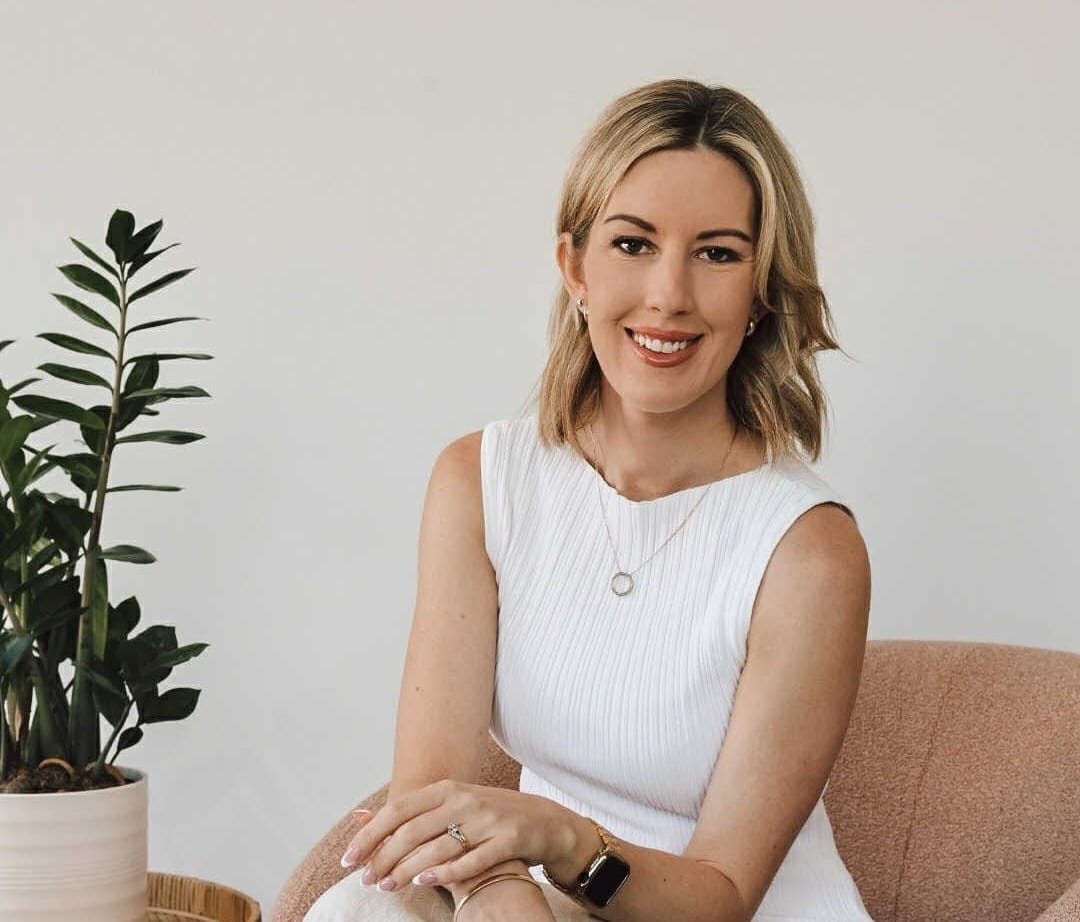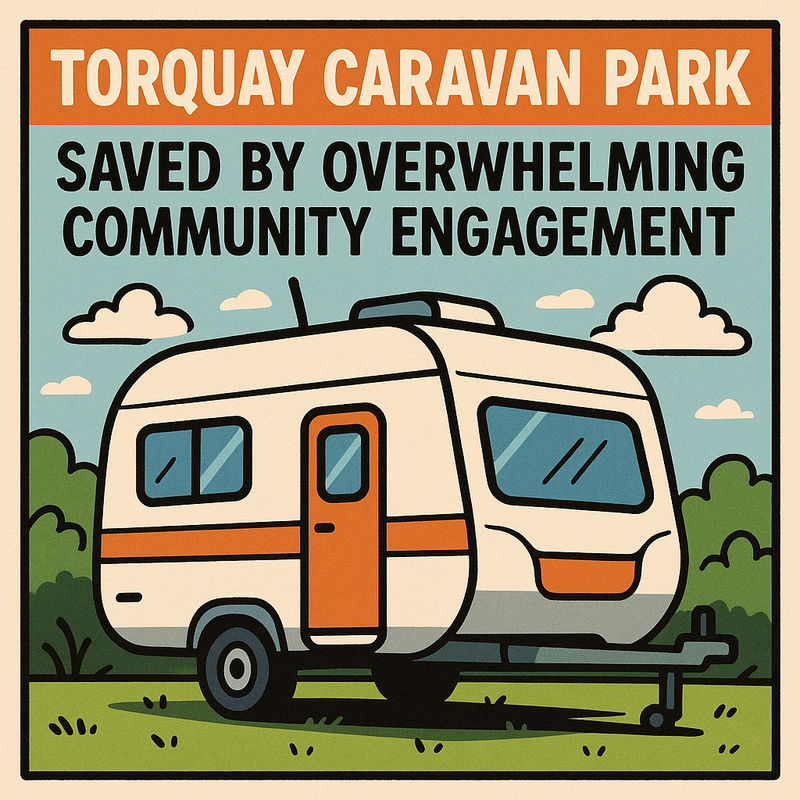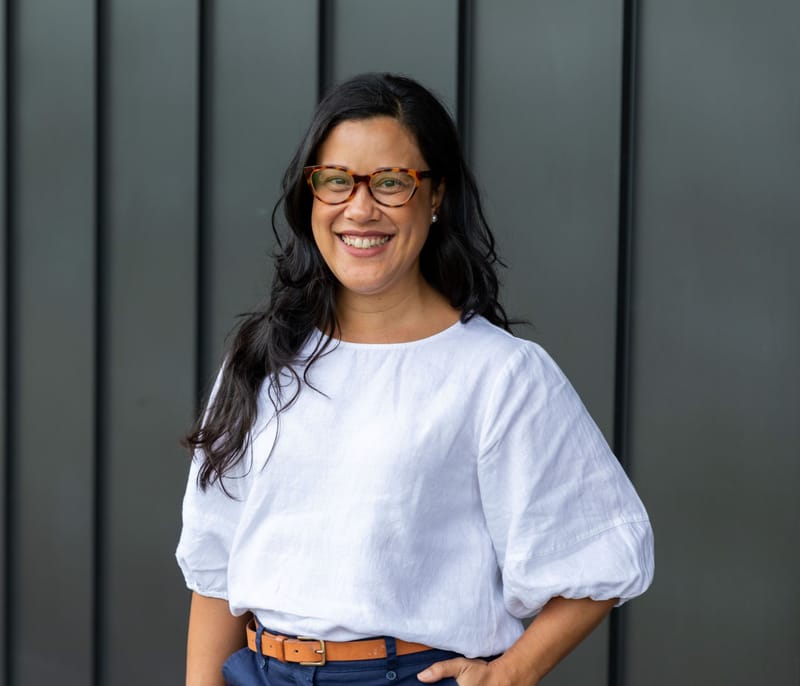The rise of childhood anxiety

Why Early Support on the Fraser Coast Matters
ACROSS the Fraser Coast, more families are noticing signs of anxiety in children - sleepless nights before school, tummy aches without a clear cause, sudden toileting issues, or emotional outbursts that seem bigger than the situation.
What was once dismissed as “nerves” is now recognised as a growing mental health challenge affecting children of all ages.
Childhood anxiety has been steadily rising across Australia, and the Fraser Coast is no exception. Factors such as social media exposure, bullying, family stress and academic expectations have all contributed to higher stress levels among young people.
Many children are struggling to process big emotions and cope with everyday changes, leading to withdrawal, irritability, or avoidance behaviours.
Parents are finding that anxiety doesn’t just affect the child - it affects the whole family. Long waitlists for counselling or psychology services can make it difficult to access professional help quickly, which is why early support and prevention are so important.
Building coping skills early helps children develop confidence and emotional awareness before worry turns into chronic anxiety.
Simple steps at home can make a difference: creating predictable routines, maintaining calm spaces, limiting screen time, and encouraging open conversations about feelings.
Even asking the child what helps them feel calm, so they feel a sense of control. Activities such as yoga, mindfulness, deep breathing, and outdoor play also promote relaxation and balance.
Equally important is how parents model their own coping strategies. Children learn resilience by watching how adults handle challenges. Being open about your own experiences of stress or worry, while showing how you manage it in healthy ways, helps normalise these feelings.
For example, saying, “I’m feeling a bit stressed today, so I’m going for a walk to clear my head,” teaches children that it’s okay to feel uncomfortable and that there are ways to cope.
While some adults still believe that children need to simply “toughen up,” it’s important to remember that times have changed.
Today’s world is faster, louder, and more connected than ever before, and decades of research have deepened our understanding of mental health as well as neurodiversity.
Labelling a child as “precious” or a “sook” doesn’t help - it only teaches them to hide their emotions instead of managing them.
With empathy, patience, and understanding, families, schools, and communities can help children feel safe, supported, and confident to face life’s challenges.
On the Fraser Coast, early support can make all the difference in helping our young people not just cope but truly thrive.
Amy Klupp
Rise and Shine Kids Coaching
https://www.facebook.com/profile.php?id=61563066567308
https://www.instagram.com/riseandshinekidscoaching/







